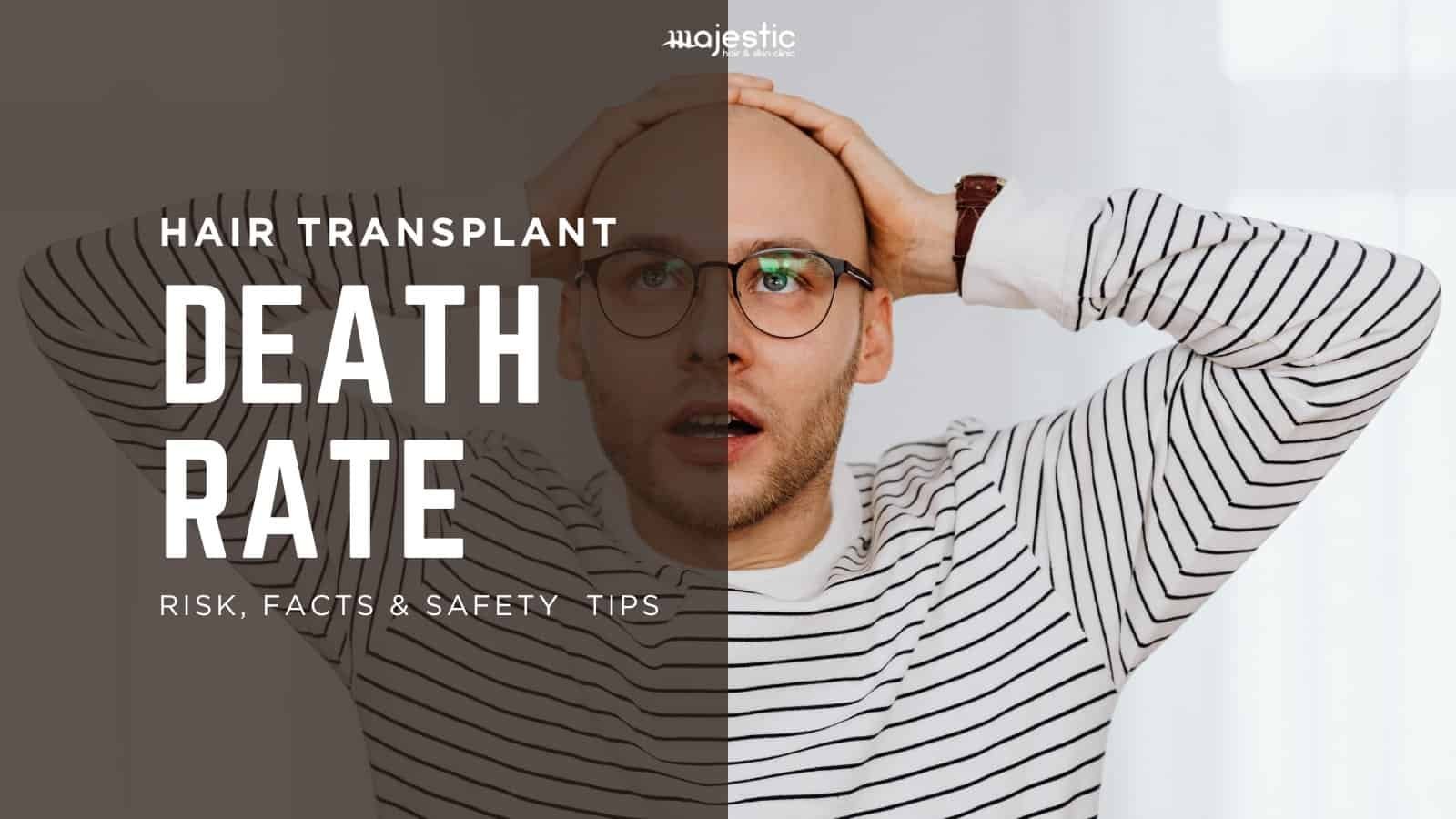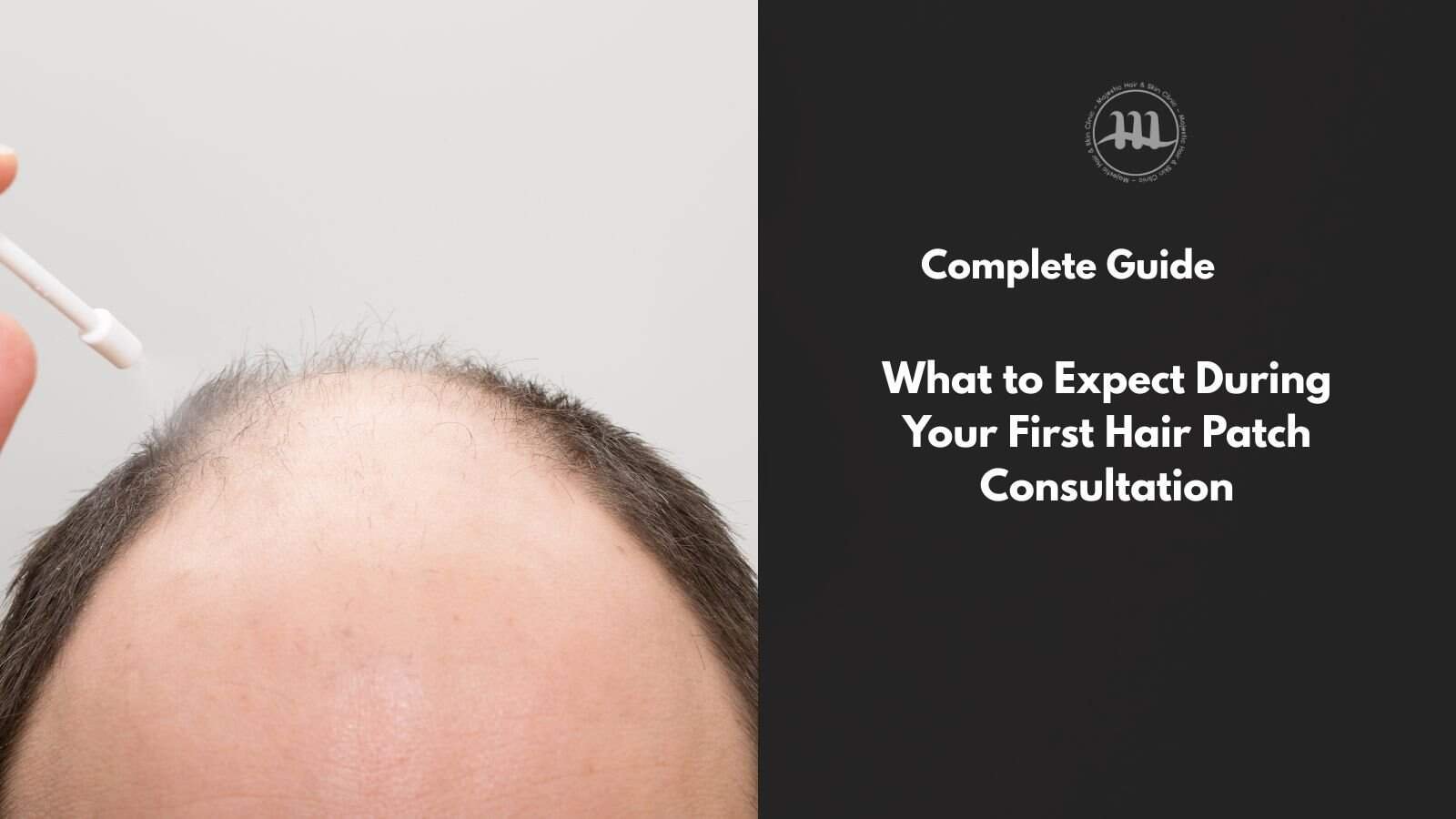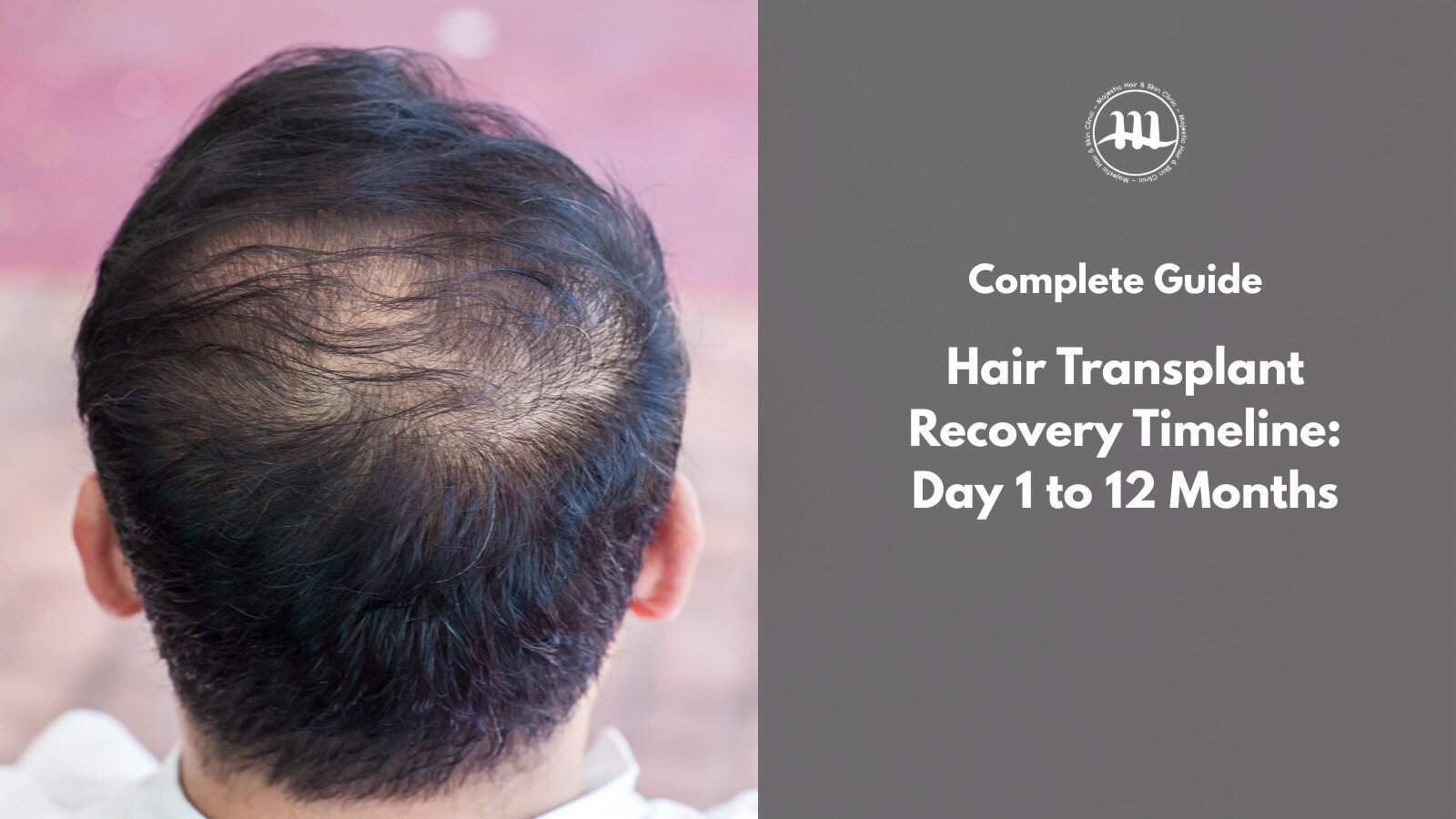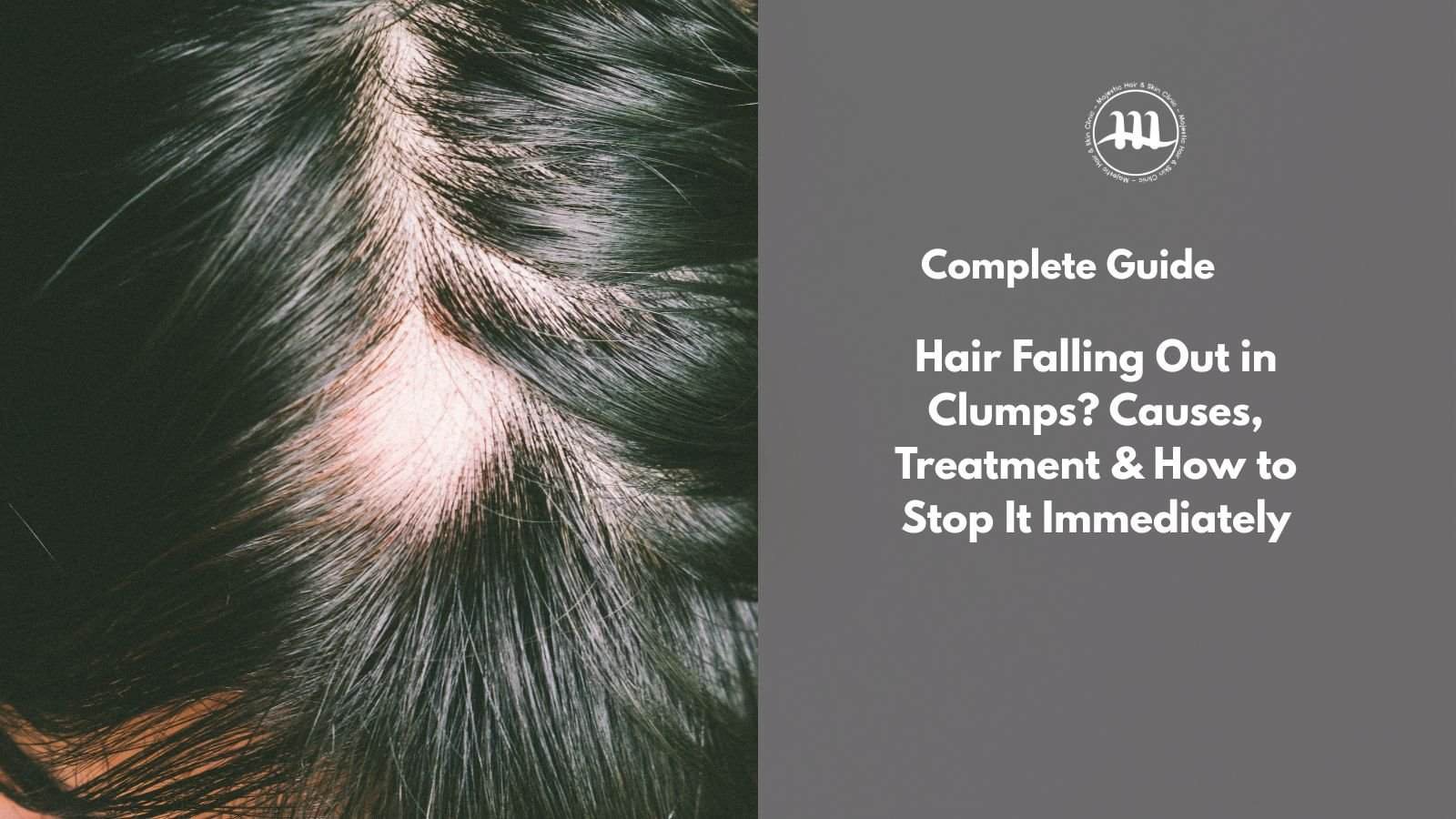Introduction
Hair transplants are considered one of the safest cosmetic procedures, but like any surgery, they come with certain risks. Recent news about rare fatalities has sparked concerns among potential patients.
This blog aims to separate fact from fear, providing accurate data on the hair transplant death rate, risk factors, complications, and prevention strategies.
Can a Hair Transplant Be Fatal?
In extremely rare cases, yes — a hair transplant can be fatal. However, such incidents are exceptionally uncommon and usually linked to preventable factors such as:
- Unqualified surgeons performing the procedure in unsafe conditions
- Severe allergic reactions to anesthesia
- Pre-existing health conditions not disclosed before surgery
- Post-surgery infections that are not treated promptly
For most healthy individuals who undergo surgery at a licensed clinic with experienced surgeons, the risk of fatal complications is close to zero.
What is the Hair Transplant Death Rate?
While exact global statistics are hard to track, medical literature and industry experts estimate the death rate for hair transplants to be less than 0.002%.
To put it in perspective:
- This is significantly lower than most surgical procedures.
- The vast majority of patients experience no life-threatening complications.
The risk is comparable to or even less than that of minor dental surgery under local anesthesia.
What Are the Risk Factors for Hair Transplant Death?
Although rare, certain conditions increase the chances of serious complications:
- Pre-existing heart disease or uncontrolled high blood pressure
- Diabetes with poor blood sugar control
- Respiratory illnesses that affect anesthesia safety
- Blood clotting disorders or use of blood thinners
- Allergies to anesthesia or medications used during surgery
Unqualified or unlicensed practitioners who neglect safety protocols
How Did These Hair Transplant Deaths Happen?
Case reports and news stories reveal that most fatal cases were preventable. Common causes include:
- Anesthesia complications – Overdose or allergic reaction to local anesthesia or sedatives
- Severe infection – Poor hygiene in surgical rooms or improper aftercare
- Excessive bleeding – From unmonitored surgery or underlying clotting problems
- Cardiac arrest – Triggered by stress, anesthesia, or undiagnosed heart conditions
How to Avoid Hair Transplant Complications
Your safety depends on choosing the right clinic and preparing properly:
Before Surgery
- Select a board-certified hair transplant surgeon with hospital privileges.
- Get a full medical check-up and blood work.
- Disclose all medications and medical conditions.
- Stop smoking and alcohol consumption at least 2 weeks before surgery.
During Surgery
- Ensure the procedure is performed in a sterile, accredited facility.
- Ask about anesthesia safety measures and emergency equipment.
After Surgery
- Follow aftercare instructions exactly.
- Watch for signs of infection such as redness, swelling, or pus.
- Attend all follow-up appointments.
What Can I Do If I Am Worried About Hair Transplant Safety?
If you have concerns, here’s what you can do:
- Research extensively before choosing a clinic.
- Ask your surgeon about success rates, complication rates, and emergency protocols.
- Consider getting a second opinion before committing.
- Discuss all health issues openly with your doctor
Conclusion
The hair transplant death rate is extremely low — but safety depends on your choice of clinic, surgeon, and preparation. When performed by skilled professionals in a certified medical setting, the chances of fatal complications are nearly zero.
If you’re considering a hair transplant in Delhi, Majestic Derma offers internationally approved safety standards, highly qualified surgeons, and thousands of successful cases. Book a consultation to ensure a safe, effective, and natural-looking hair restoration journey.
FAQs on Hair Transplant Safety
Q1: Is hair transplant a risky surgery?
No, it’s generally very safe when done by a qualified surgeon in a sterile environment.
Q2: Has anyone died from a hair transplant?
Yes, but such cases are extremely rare and usually linked to avoidable factors.
Q3: How do I know if my clinic is safe?
Check for certification, surgeon credentials, and patient reviews.
Q4: What’s the biggest risk in a hair transplant?
Infection and anesthesia reactions are the most significant, though rare, risks.







